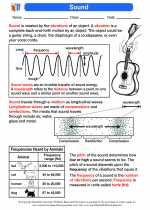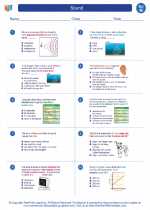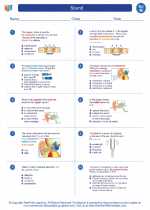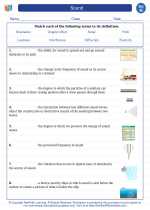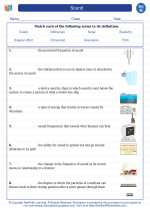Functions of the Hypothalamus
- Regulation of Body Temperature: The hypothalamus helps to maintain a stable body temperature by regulating processes such as sweating and shivering.
- Control of Hunger and Thirst: It monitors the levels of nutrients and water in the body and initiates feelings of hunger or thirst as needed.
- Regulation of Sleep-Wake Cycles: The hypothalamus helps to synchronize the body's internal clock with the external environment, influencing when we feel sleepy or alert.
- Production of Hormones: It controls the release of hormones from the pituitary gland, which in turn regulate various bodily functions such as growth, reproduction, and stress response.
- Emotional Responses: The hypothalamus is involved in processing emotions and linking them to physical responses, such as increased heart rate or sweating when feeling anxious or fearful.
Study Guide for the Hypothalamus
To better understand the hypothalamus, it's important to study the following aspects:
- Anatomy: Familiarize yourself with the location and structure of the hypothalamus within the brain.
- Functions: Learn about the various roles the hypothalamus plays in regulating bodily functions and maintaining homeostasis.
- Connection to the Pituitary Gland: Understand how the hypothalamus communicates with the pituitary gland to control hormone release.
- Regulation of Body Temperature: Explore the mechanisms through which the hypothalamus helps to regulate body temperature, such as vasodilation and vasoconstriction.
- Endocrine System: Study the involvement of the hypothalamus in the endocrine system and its role in coordinating hormone release throughout the body.
- Role in Behavior and Emotions: Investigate how the hypothalamus influences emotional responses and behavior through its connections with other brain regions.


